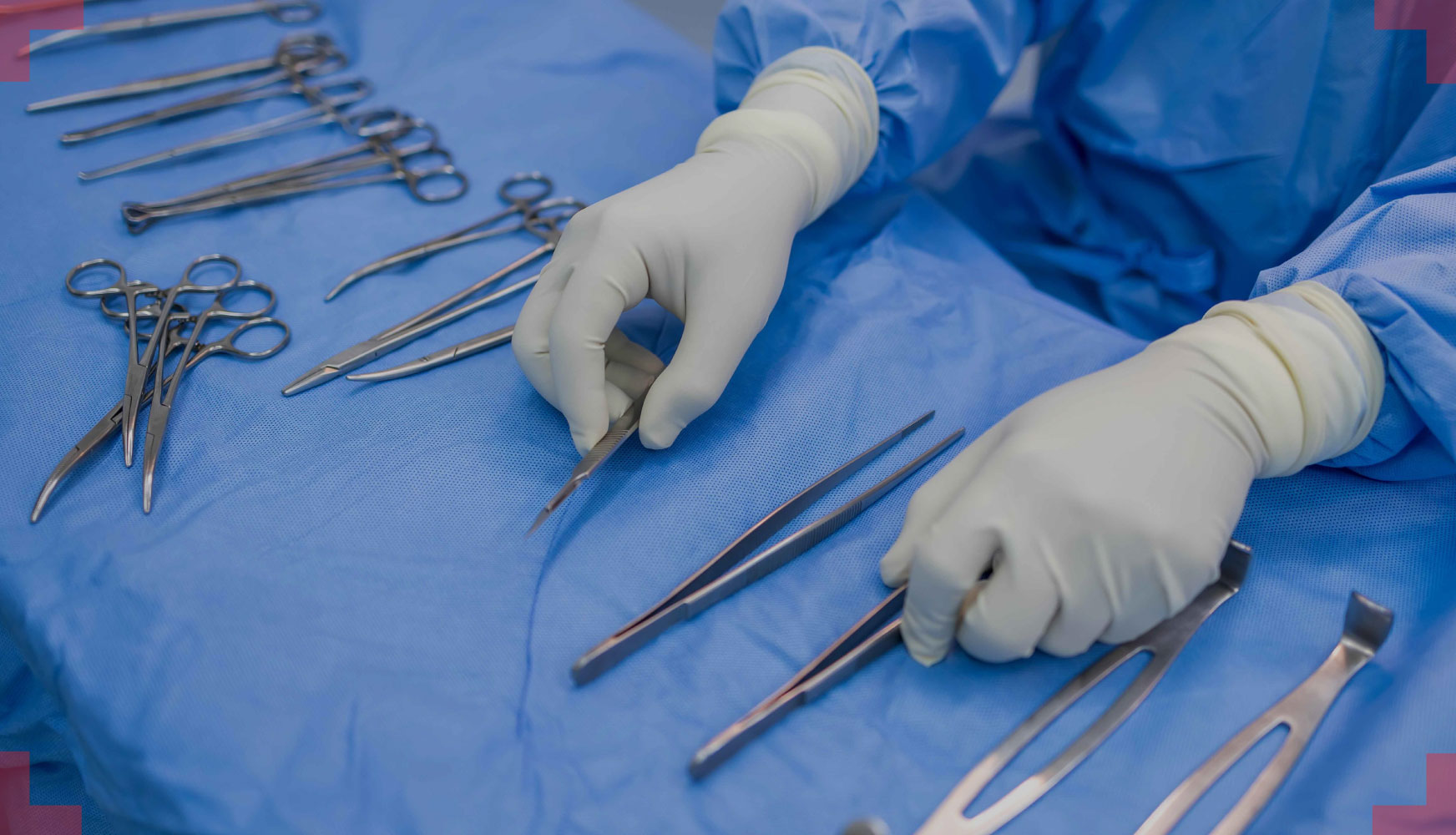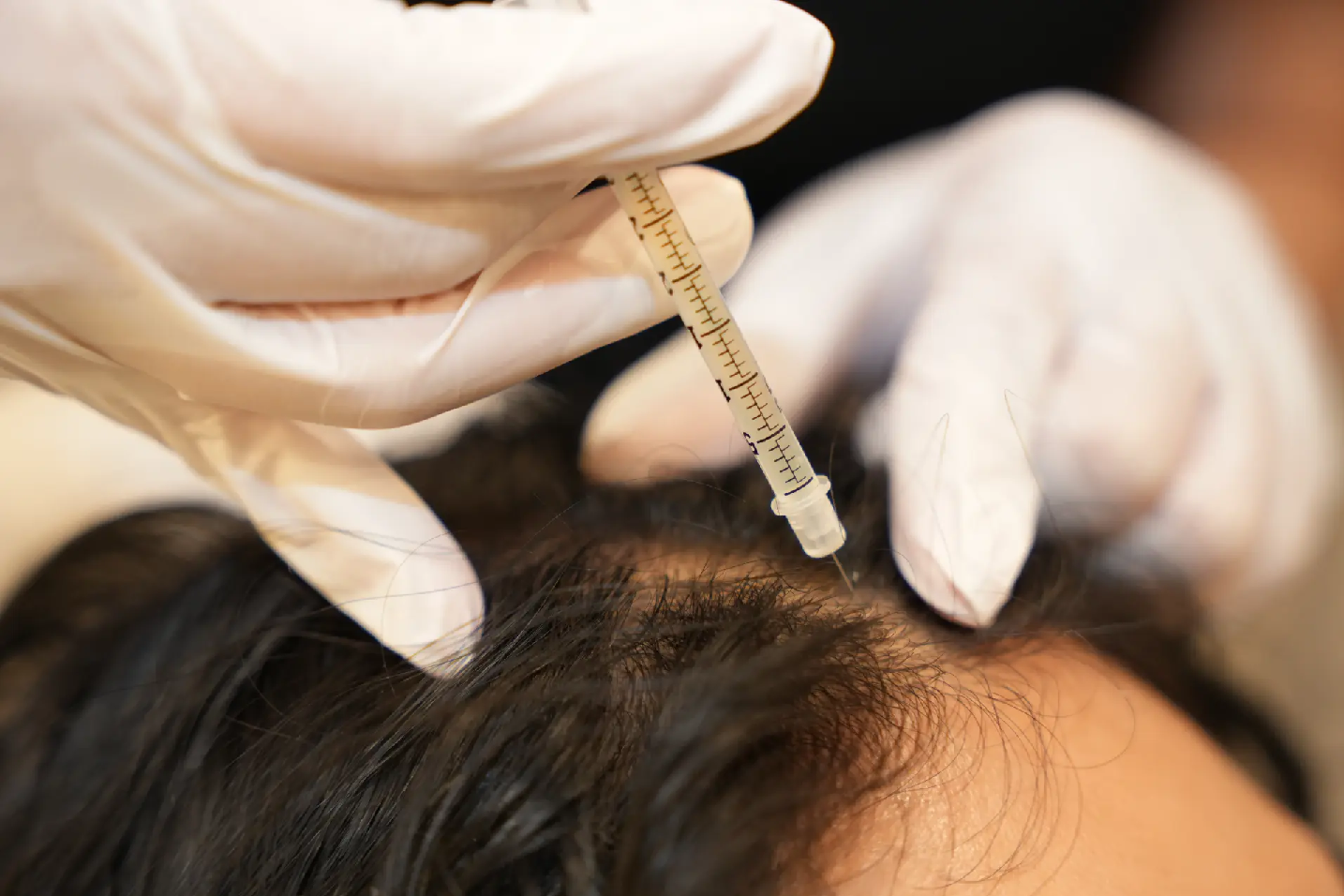Whenever you undergo any kind of surgery or transplant, just remember that the post-surgery period plays a crucial role in the recovery. When it comes to kidney transplants, you should pay more attention to all the activities you do, diets, etc. to get back to your normal stage. Further, this blog will navigate you through the tips and lifestyle changes an individual should follow for a complete recovery after kidney replacement surgery.
Why An Individual Needs Kidney Transplant?
If you are diagnosed with the final stage of kidney disease, your healthcare provider will recommend kidney replacement surgery as a treatment options. Because the final stage of kidney disease is a permanent kidney failure condition that requires dialysis. As all, we know dialysis is nothing but a removing process of harmful and waste substances from your blood.
There may be numerous causes for your kidney disease, so doctors will completely evaluate the functioning of your kidney, and its capacity and diagnose the actual problem, further, the doctor will recommend treatment options like kidney replacement surgery based on the cause and your condition. Further, let’s see some common causes of kidney failure:
- High blood pressure
- Diabetes
- Urinary infection
- Inherited or polycystic kidney disease
- Swelling in the filtering units of the kidney
- Diseases such as lupus can disturb your immune system
- Congenital deformities of the kidney
How Long Does Kidney Transplant Recovery Take?
Typically, doctors will perform this kidney replacement surgery for two to four hours, once the transplant is complete, the recovery period begins. Usually, patients will stay in the hospital for three days post-transplant because your medical team will observe you to make sure you are recovering well.
The recovery after kidney replacement surgery will begin immediately after the transplant, or else you will be under dialysis until it starts working. On average, the recovery time for a kidney transplant is six weeks. Also, this timeline differs for everyone, depending on your overall health, and the kind of kidney replacement surgery you undergo.
Recovering From A Kidney Transplant:
After any surgery or transplant, it’s crucial to follow the instructions given by your healthcare provider for a complete recovery after kidney replacement surgery.
– Take Your Medications As Recommended
Usually, first, your body identifies your new kidney as a foreign object, so it will try to reject it, after the kidney replacement surgery. However, doctors will prescribe medications to prevent this rejection. However, most kidney transplants are successful with some complications post-transplant.
– Avoid Driving For Six Weeks
Driving can worsen or damage your surgical wounds, so avoid driving at least for six weeks post-transplant. If you want to move to places, get assistance from your friends and family. Taking good rest after kidney replacement surgery plays a crucial role in the recovery process.
– Avoid Exercising
Your body requires a minimum break after the kidney replacement surgery, so those who have the habit of exercising or going to the gym daily, avoid lifting weights and strenuous physical activity for eight weeks. Even so, you should not lift things heavier than 20 pounds for up to three months, and nothing heavier than 40 pounds for six months, for complete recovery after kidney replacement surgery. Also, you can do some mild exercises that come under kidney replacement therapy.
– Stay Hydrated
Staying hydrated is the key to a successful recovery after kidney replacement surgery. At least, you should drink 2 liters of water every day. Also, avoid drinking caffeine because it contributes to dehydration.
– Don’t Eat Undercooked Foods
Consuming undercooked, or raw foods is not good for anyone, especially for people with weakened immune systems, that is post-transplant. After the kidney replacement surgery, consuming undercooked or raw foods, most importantly meat or eggs will put you at high risk, so avoid eating them for a complete recovery after kidney replacement surgery.
– Eat Plenty Of Protein
Eating a well-balanced diet with high protein is crucial for a complete recovery after kidney replacement surgery. Notably, protein is helpful because it assists in building muscle and regaining lost weight. Sometimes doctors or your dietitian will help you figure out how much protein you require.
– Avoid Drinking Grapefruit
Certain chemicals in grapefruit will interfere with your body’s ability to break down or metabolize a few chemicals, such as statin medications. Eating grapes or drinking grapefruit juice has the potential to create a strong reaction to medications that suppress your immune system after the kidney replacement surgery, so before consuming such juices, consult with the best urologist in coimbatore
– Avoid Consuming Non-steroidal Anti-Inflammatory Drugs
Some drugs have the potential to cause kidney dysfunction. Certain drugs like OTC will affect and change absorption. Consult with your doctor about the safety of these medications and possible alternatives that will work for you after the kidney replacement surgery.
– Stay Away From Certain Vitamins And Herbal Supplements
Confirm with your doctor about any of the non-prescription pills, even about the vitamins and supplements. In general, they are not safe for use, especially post-kidney replacement surgery. Certain herbal teas and natural supplements will disturb the transplant medications.
– Follow Your Appointments
To ensure you are healing, following up with the best urologist in coimbatore is crucial. During all the follow-up appointments, you can notice your progress and gain some confidence. Simply, following up on your appointments plays a pivotal role in recovery after kidney replacement surgery.
Bottom Line:
Complete recovery after kidney replacement surgery needs the utmost dedication and commitment to adopting a healthy lifestyle. By following the above-mentioned tips and opting for positive lifestyle changes, you can optimize your recovery, reduce the risk of complications, and enjoy your new life with the new kidney. Always keep in mind that your healthcare provider is your finest source of personalized advice and support throughout this journey. Simply with proper care and determination, you can successfully overcome post-kidney replacement surgery and embrace a fulfilling life.





